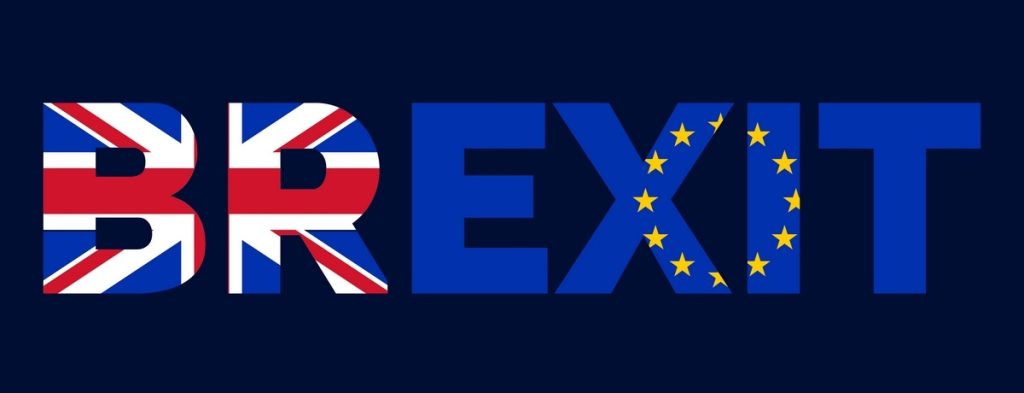In what is surely one of the biggest cultural and historical incidents of the year, the United Kingdom (UK) is officially leaving the European Union. This has created a titanic amount of uncertainty in every single business and political sector. And with good reason: the European Union (EU) was a solid, if internally bickering, political unit that created corporate, government, and economic predictability for the entire European region of the world.
Such an influential country leaving the Union raises many questions about how to move forward. This is especially true in the area of language. English is one of the EU’s official languages because of the UK’s presence. Whether or not this policy continues when the UK exits remains to be seen. People in the language industry, and those who use its services, will have to entertain quite a few new considerations. Here are three of the most pressing.
Educational Materials
Both within the UK and throughout the rest of Europe, there is going to be an impact on language requirements and education materials as the region adjusts to an EU+UK. England itself will put more of an emphasis on English-only educational materials since it will no longer have any legal, regional requirements to do otherwise. The other side of the equation is that all the remaining countries in the EU do not have to emphasize English in their curricula. Of course, English itself is considered a “lingua franca” of trade, not just with the UK, but with the United States, Canada, and even among other European nations. But that’s as a language of business, not education.
Medical Materials
Currently, the European Medicines Agency is based in London. This is unlikely to remain a viable choice, and both the regulatory body’s location, as well as its language policies, will have to change. As with many other bureaucratic aspects of the Brexit, how this will ultimately play out is unknown. But there’s absolutely no doubt that things will have to change as governments sort out new regulations. Everything from medical paperwork to the information included in clinical trials for new medicines will have to be readdressed and reconsidered for a region without a major English speaker as part of its union.
Less Work Translated Into English
Another big concern is that because the UK will no longer be part of the Union, there simply won’t be as much demand for translated materials for the UK. We’ve already seen some businesses, and even regulatory bodies like the European Medicines Agency, have been forced to consider relocating because of this exit. With fewer businesses legally required to provide materials in English, and some businesses considering leaving the UK altogether, a drop in business translation from other languages to English may be inevitable. It’s hard to predict exactly how much of a drop will occur, though, as companies will still rely on skilled translators to reach English-speaking customers in their native language.




